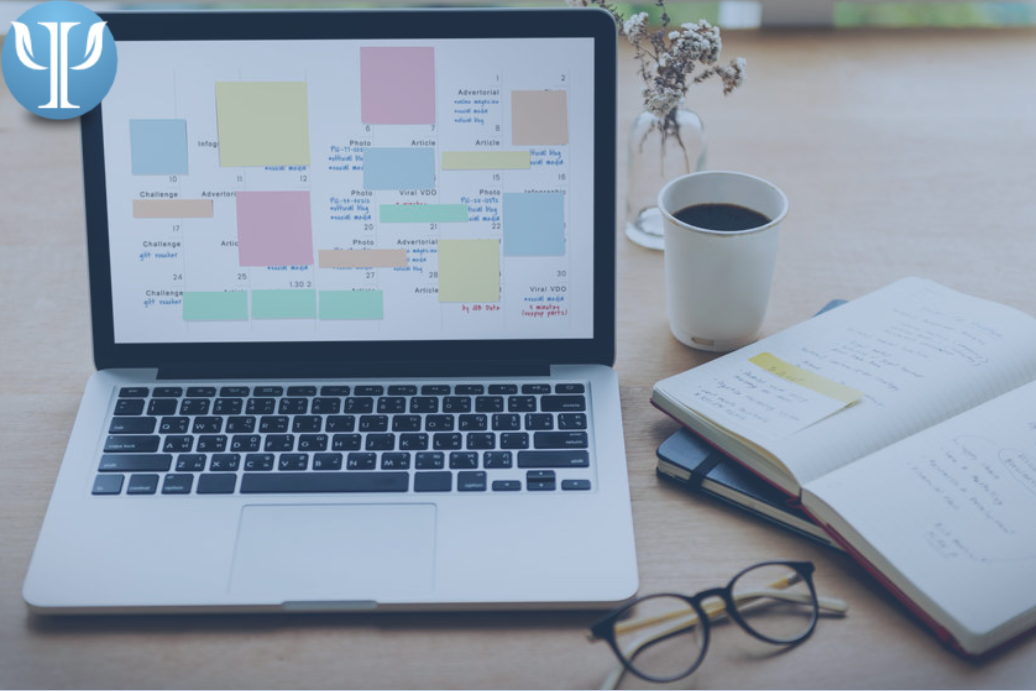Our lives are made up of many moving parts. Between balancing work, school, kids, current news events, partners, housework, traumatic events, planned or sudden changes, errands, moving, and more, daily routines and life can quickly generate a lot of stress. Establishing healthy and sustainable habits to manage stress is critical for maintaining good mental health.
Use These Grounding Techniques to Improve Your Mental Health
1. Use Breathing Exercises to Manage Stress
Physical health and mental health are inextricably linked. When you’re feeling stressed, overwhelmed, or anxious, calming your body can go a long way to calm your mind. Practicing deep breathing exercises will reduce the activation of your sympathetic nervous system, lowering your body’s fight-or-flight response to a perceived threat. The next time you feel stress, follow these steps:
- Inhale deeply for five seconds
- Hold your breath for two seconds
- Exhale for five seconds
- Repeat as needed
2. Make Rest & Relaxation a Priority
Better mental health begins with good sleep. Sleep has a massive impact on every aspect of our lives, including attention, learning abilities, memory, and, yes, stress. While resting, your mind has time to recharge, regroup, and prepare to face the day. Use these tips to improve your rest and lower overall stress levels:
- Practice good sleep hygiene by going to bed at the same time each day
- Create a calm and quiet space to promote relaxation
- Turn off electronic devices and screens approximately thirty minutes before bed
- Use grounding techniques for relaxation as part of your nightly routine
3. Be Aware of Screen Time
Social media and text messages and breaking news, oh my! Screens have become ubiquitous in our day-to-day lives. While modern technology offers many benefits, constant information input can be a significant stressor. If you are experiencing more stress than usual, increased screen time may be the culprit. Try setting a time limit for interacting with online spaces and shift your focus to other grounding techniques, such as journaling or meditation.
4. Participate in Group Activities
Self-isolation can be a side effect of heightened stress but can often worsen your symptoms. Going out, interacting with people, or participating in activities might feel overwhelming, but it’s one of the best strategies for managing stress to improve mental health. Connecting with your community and participating in group events can refill your social well while moving your body, leading to improved physical, social, and mental health.
5. Recognize When You Require Professional Help
When stress tips over from a situational issue into a long-term problem, it can cause serious issues and disruptions in your daily life. When you are chronically stressed and typical grounding techniques are no longer working, it may be time to seek out professional help, as your stress could be a symptom of an underlying condition:
- Social Anxiety
- Performance Anxiety
- Seasonal Affective Disorder (SAD)
- Adult ADHD
- Premenstrual Dysphoric Disorder (PMDD)
- Or other conditions
Psychologists, therapists, psychiatrists, and other mental health professionals can create personalized plans for managing stress, design individualized grounding techniques, and provide a further diagnosis if needed.
West End Consultation is in Your Corner
If you suspect your stress is part of a larger disorder, West End Consultation is here to help. Our Board-Certified psychiatric professionals are trained to provide treatment and continuing support for our patients in the Twin Cities through personalized treatment plans and medication management. We are prepared to work with a variety of mental health conditions, including anxiety disorders, depressive disorders, OCD, and more. Contact us today for more stress management tips or to learn about our services and specialties. We’ll be in touch as soon as possible to provide your best low-stress solution.












